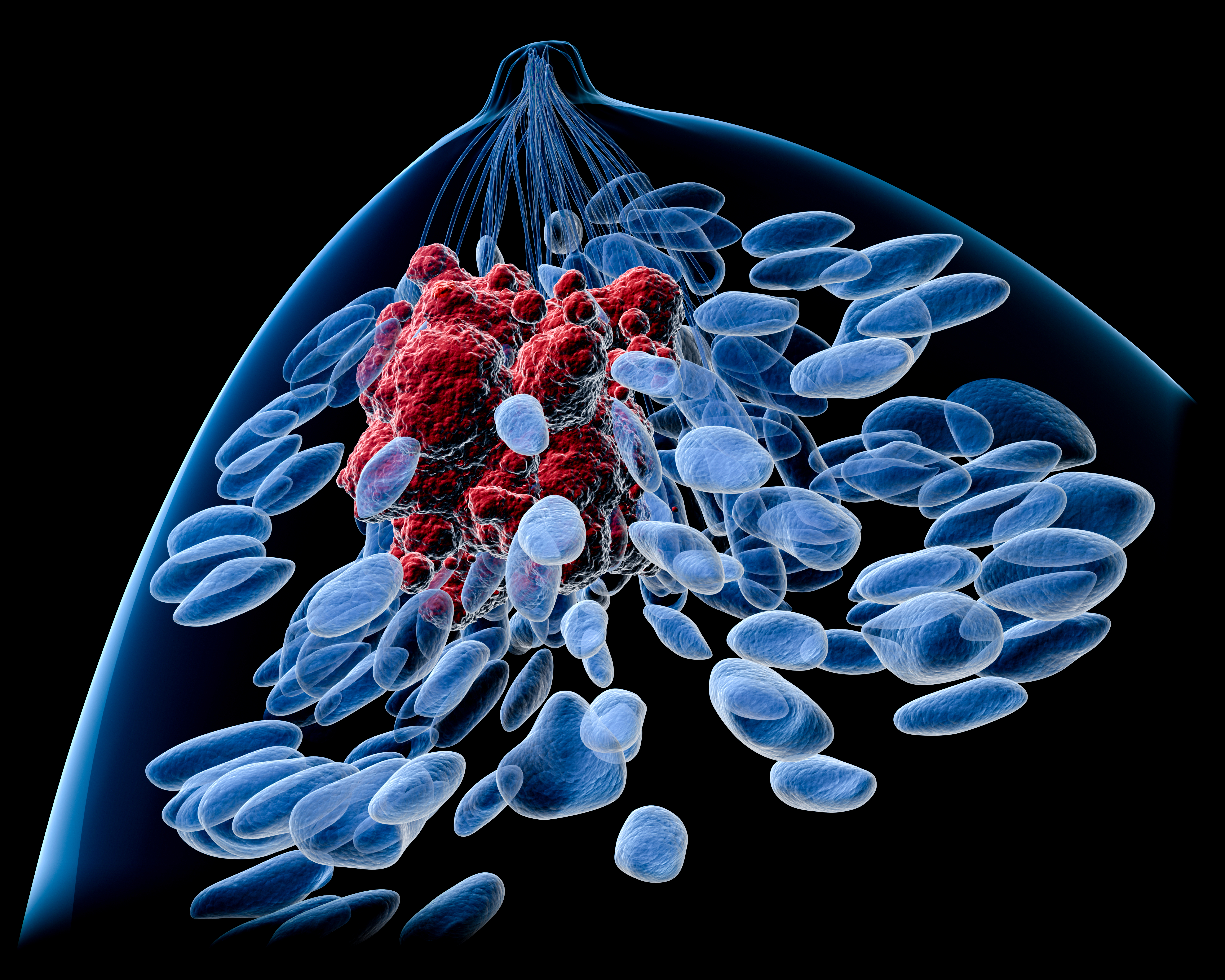
In collaboration with Pfizer, we are advancing ZEN-3694 + talazoparib (TALZENNA) in a combination Phase 2 study in triple negative breast cancer (TNBC) patients that do not have hereditary BRCA mutations. Evidence to date show that ZEN-3694 + talazoparib is clinically active and can be combined safely.
Despite considerable progress in management over the past few decades, breast cancer still carries a high mortality rate. TNBC, defined as the absence of estrogen and progesterone receptors and lack of human epidermal growth factor receptor 2 (HER2) gene amplification, comprises 15% to 20% of breast cancers. TNBC’s high mortality rate is due to its aggressive behavior with a median survival of 10 to 13 months from time of metastasis.
Recently, two PARP inhibitors, olaparib and talazoparib, have been approved for the treatment of local advanced or metastatic HER2 breast cancers (including TNBC) with hereditary BRCA1 or BRCA2 mutations. However, only approximately 20% of the TNBC patients harbor a hereditary BRCA1/2 mutation and the vast majority of other TNBC patients do not benefit from PARP inhibitors alone. Several prominent publications have shown that BET inhibitors can sensitize non-BRCA mutation tumors to PARP inhibitors, greatly expanding the number of patients who may benefit from these treatments.
